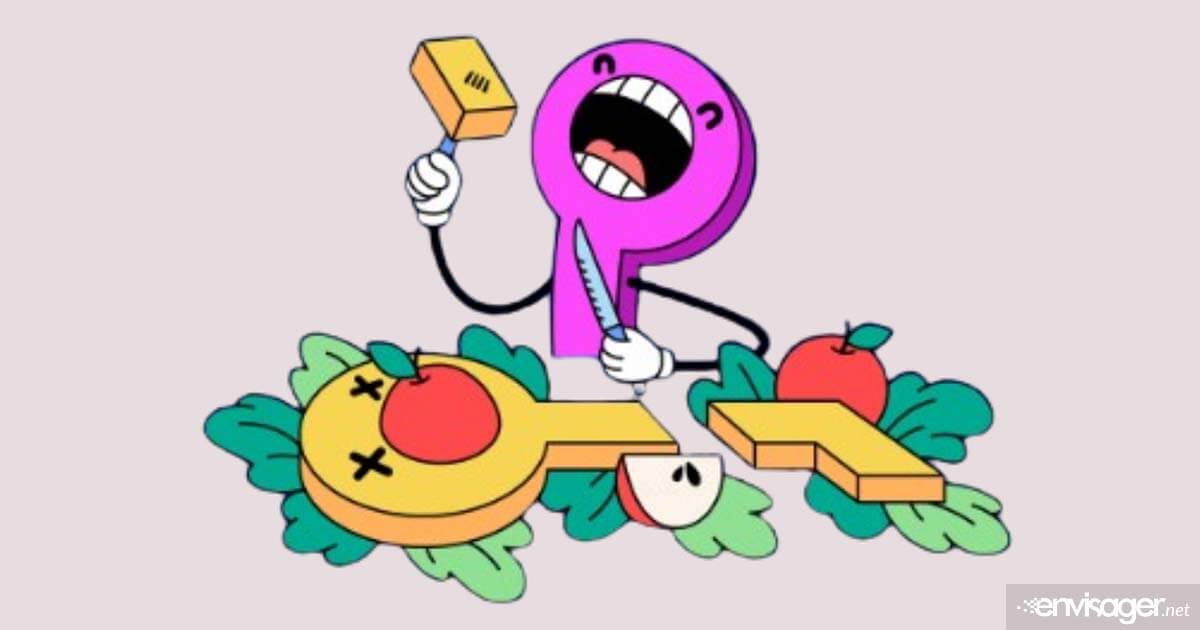How Keyword Cannibalization Affect Your SEO

One of the main reasons to have a single web design agency maintain your website is to avoid keyword cannibalization. If there are multiple agencies or persons updating your website, you’ll inevitably run into topic duplication issues.
The best SEO strategy is one that makes your website pages visible to the right audience in search results. This is often accomplished by on-page SEO, content optimization, and working with content marketing experts. Done right, and you should see your pages climbing in Google search.
But when dealing with multiple agencies/persons updating your website, caution be taken to avoid keyword cannibalization. For instance, suppose you don’t have an SEO checklist that contains your used focus keywords. In this case, your content may overlap and end up competing with each other.
This is why it’s important to know the web content management steps being used by your content marketing services. In essence, they should be employing steps that prevent cannibalization on search engine results pages (SERPs).
What is Keyword Cannibalization?
It’s an effect that happens when you have multiple website pages or posts that rank for the same keyword. Even though your pages take up more space in search results, this isn’t necessarily a good thing.
In general, search engines aim to provide users with relevant results for their queries. So, if your pages are trying to rank for the same keyword position, they’re in competition with each other. As a result, both pages will be eating up the authority versus one page getting high authority for that keyword.
How Cannibalization Affect Your SEO Strategy
As previously stated, when two pages are using the same keyword, they’re competing with one another. So, when Google indexes your site, its algorithm can determine which page to display for the keyword. Consequently, both pages are shown.
You also have to consider the effect cannibalization has on your website visitors. Components like backlinks, clickthrough rates, and conversion rates have an impact on your SEO rankings. Thus, you cannot direct visitors to the most relevant page to gain all those numbers. Instead, the data is split between the two pages.
Two competing pages can also affect your call-to-actions. Let’s say that both pages are meant to reach buyers early in the buying process. In this case, they could be preventing each other’s ability to rank higher.
How To Fix Keyword Cannibalization
Once you’ve identified keyword cannibalization in your content, take steps to stop your pages from competing. A good place to start is by performing a content audit. Depending on the audit results, use the following steps to fix the duplication issues.
- Merge pages. Put content in one larger page if two pages are saying the same thing. This means use the best content. Then add the addition information it didn’t have but appeared in the other page.
- Fix internal links. Internal linking lets search engine crawlers know which pages are more important. If both pages are equally linked by other pages, then it hard to ascertain which one is more important.
- Delete outdated content. Duplicate content can also be caused by older articles with outdated content. But the newer page is the more updated version. Depending on the amount of traffic the outdated page has received, you could delete that page. Or, revamp the stronger link to have more updated content. But if you delete the older page, make sure to use 301 redirect to another page or use 410 content deleted. Otherwise, visitors will get a 404 page not found.
Wrapping It Up
After you’ve invested in having a professional website built with optimized content, you don’t want competition pages. If you’re not sure how to fix duplicate content on your website, we can help. Contact our team today!

Hazel Burgess
FOUNDER/SEO DIRECTOR
Hazel is the Founder & SEO Director at Envisager Studio, a premier website design agency specializing in WordPress website design, development and internet marketing. In her spare time, she writes about search engine optimization, website design, and internet marketing.


